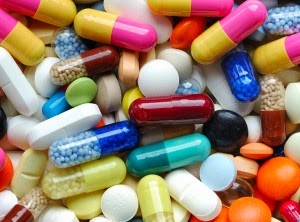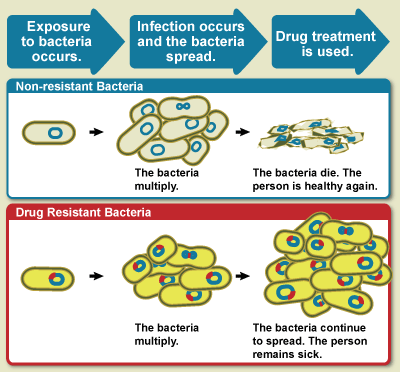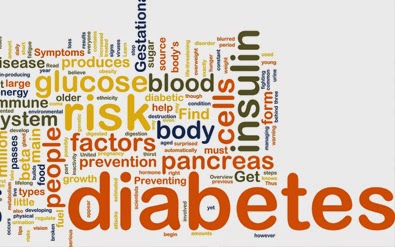Water For Weight Loss? Simply Effortless
Drink more water to loose weight Water by far is the most neglected (it is easy to miss the obvious) ingredient in the process of fat metabolism and subsequent weight loss. Most people are taken aback when they hear me say that increasing water intake will help them lose weight and become lean. It is not surprising. There is a huge hype created around us about health and fitness. Experts often make it complicated for others so that they can make living out of the lack of knowledge thereof. To make the matters worse, markets are inundated with magic weight loss potions, electric gadgets, sophisticated fitness equipment, special therapies that promise quick results, etc. So, "drinking water for weight loss" Sounds ridiculous, doesn't it? Now let's see how water promotes weight loss in human body Water is a major ingredient in body fluids. 70% of blood is water. If your body is water starved then it affects the quality and subsequently, its efficien


